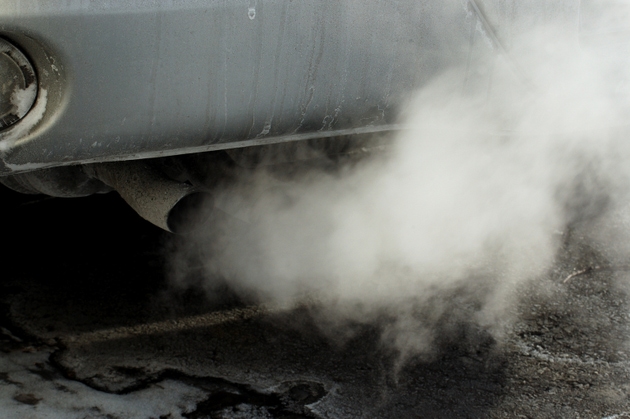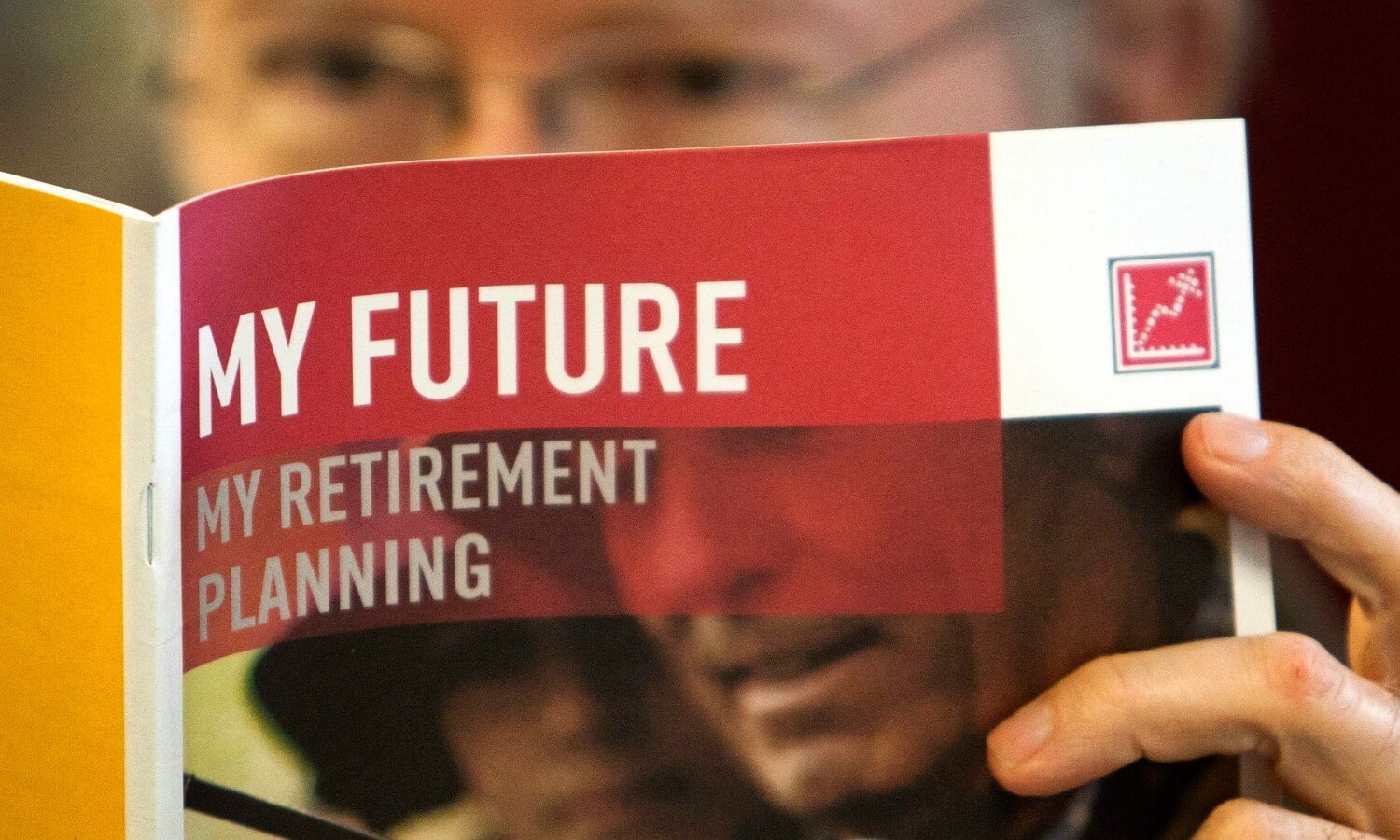When asked whether Republicans risk carrying the burden of public blame, given their current control and Donald Trump’s renewed “Make America Great Again” push, Rao was cautious in defining winners or losers.
“See, in this case, I do not know who exactly won because both parties had good points, both sides had good points, and healthcare is a very sensitive issue,” he said. Pointing out that much of Trump’s base depends on Obamacare, he added, “So, he wants a change, but he does not have a very good alternative plan that he has put on the table yet… The Republicans have said it Obamacare is bad, but they have not come up with anything that is very meaningful and that is sustainable.”
Rao believes the political narrative remains split rather than decisively against Republicans. “The headline is against them, but… the publicity the narrative has really been 50-50,” he noted, explaining that markets, too, are reflecting this uncertainty. “It is down to 50-50… market is confused right now.”
India Watches January 30 Deadline as Trade Talks Re-Enter Spotlight
The shutdown may be domestic in nature, but its aftershocks ripple outward—especially toward major trading partners like India. ET Now asked whether the uncertainty threatens India’s exporters or whether optimism has resurfaced after Trump’s upbeat comments.Rao suggested that trade negotiations will regain center stage quickly. “From what he is saying lately… things seem to be moving in the right direction,” he said, adding that Trump has indicated India’s concerns may be addressed. With elections approaching and higher political stakes, Rao expects the U.S. administration to push harder for resolution. “The stakes are much higher if he wants to keep his power… I am very hopeful that they will come to some kind of a consensus.”Fiscal Credibility Questioned as Shutdown Highlights U.S. Governance StrainThe moral authority of the U.S. to lecture others on governance and fiscal discipline was challenged in the discussion. When asked whether Washington still holds that credibility, Rao did not hesitate.
“America does preach everything, but they do not follow everything that they preach,” he remarked. He noted inconsistencies in the U.S. administration’s global posture—from selectively enforcing punitive trade measures to overlooking certain violations.
Yet he also highlighted deeper worries simmering underneath: “There is concern about the US fiscal deficits, the fiscal policies, and where the US economy is in terms of its health.” As long-term bond markets telegraph distress, Rao emphasized the need for stability from a nation that holds the world’s reserve currency.
Do Shutdowns Reveal a Structural Flaw in U.S. Fiscal Process?Shutdowns have become a recurring feature of U.S. politics, raising questions about systemic weaknesses. But Rao argued they also act as a check on power.
“Both parties believe it is a good check and balance… they want it negotiated again,” he explained. While acknowledging the inefficiency of the process, he underlined the urgency of reining in spending. “You cannot just keep on borrowing, borrowing, borrowing… the interest on the debt itself is more than some of the fixed payments.”
Economic Impact Limited Despite 43 Days of ParalysisWhile politically bruising, the shutdown may not leave lasting scars on the U.S. economy. Rao downplayed fears of long-term damage.
“I do not think this will cause that much… we have always bounced back,” he said, noting that sectors like tourism and travel took hits but the broader economy remained resilient. “There was no real impact on the pricing as such… I would not put too much on this shutdown.”























